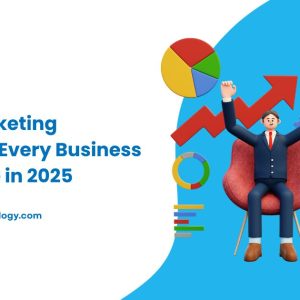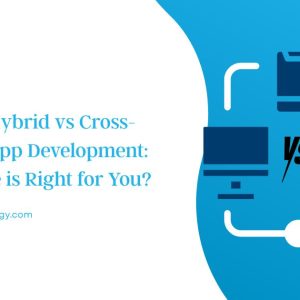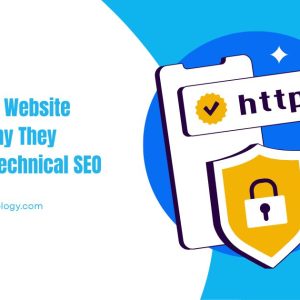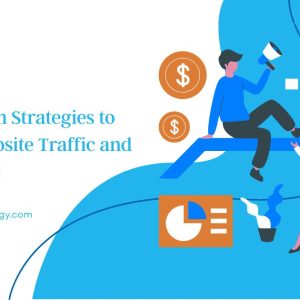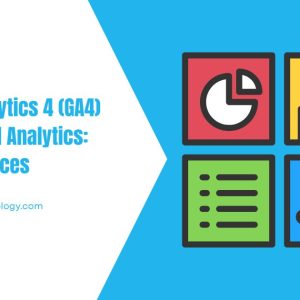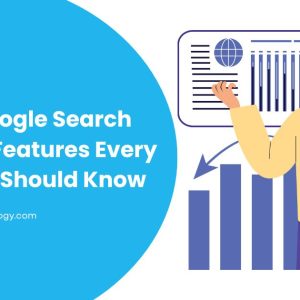Marketing plays an essential role in brand recognition, customer engagement, and revenue generation for any successful business. Companies may face the difficult decision between traditional marketing and digital marketing; both options offer distinct benefits depending on business goals, target audience demographics, budgetary considerations and more. Here we explore both strategies’ key differences, advantages and disadvantages so you can determine what fits best with your organization.
What Is Traditional Marketing?
Traditional marketing refers to offline methods that have been employed for decades, such as:
Print Advertising: Newspapers, magazines, brochures and flyers all form effective forms of print media advertising.
Television & Radio Commercials: broadcast advertisements that reach large audiences.
Billboards & Outdoor Advertising: Billboards are effective forms of outdoor advertising in areas with high pedestrian traffic. They display large visual advertisements in key spots, with eyeballs passing by constantly.
Direct Mail: sending promotional materials such as postcards and catalogs by direct mail.
Telemarketing: telephonic marketing effort intended to reach and engage potential customers.
What Is Digital Marketing?
Digital marketing entails using online channels to reach and engage an audience, including
Search Engine Optimization (SEO): SEO refers to optimizing content for search engines such as Google
Social Media Marketing: Promoting brands through Facebook, Instagram, LinkedIn and Twitter.
Email marketing: sending promotional emails to nurture leads.
Content marketing: producing blogs, videos and infographics that attract customers.
Pay-Per-Click (PPC) Advertising: Paid online ads such as Google Ads and social media advertisements, etc.
Affiliate and Influencer Marketing: Leveraging influencers to promote products.
Key Differences Between Traditional and Digital Marketing

Advantages of Traditional Marketing
1. Billboards and print ads can reach more local customers effectively.
2. Tangible Impact: Physical marketing materials make a lasting impression.
3. Credibility and Trust: Established media such as TV and radio establish brand authority.
4. Long-Lasting Exposure: Print materials and TV ads remain visible over an extended period.
Disadvantages of Traditional Marketing
Television commercials and billboards require substantial investments
Target audience: Targeting is limited; it cannot personalize messages as precisely as digital marketing can.
Measuring Results Can Be Tricky: Without clear insights into customer interactions, measuring results may prove challenging.
Slower Implementation: Campaigns require time for planning, production and launch.
Advantages of Digital Marketing
Cost-Effective: Both pay-per-click (PPC) ads and social media ads allow for budget flexibility.
Targeted Marketing: Tap into specific demographics through tailored campaigns designed to reach them directly.
Real-Time Data Analytics: Stay on top of engagement, clicks and conversions instantly with real-time analytics.
Interactive content keeps audiences engaged.
Global Reach: Businesses can expand into international markets with ease.
Disadvantages of Digital Marketing
Online platforms are increasingly competitive, necessitating unique strategies.
Constant updates are needed. Trends and algorithms change often, necessitating updates as often as every month.
Technical Knowledge Required: requires knowledge of SEO, PPC advertising and data analysis.
Trust Issues in Cyberspace: Scams and privacy violations can severely undermine consumer trust online.
Which One Works Best for Your Business?

1. Small Businesses & Startups
- Best Choice: Digital Marketing
- Why? Cost-effective, targeted reach, and easy tracking of results.
2. Local Brick-and-Mortar Stores
- Best Choice: Traditional Marketing with a mix of Digital Marketing
- Why? Print ads and billboards attract local customers, while social media marketing enhances brand engagement.
3. E-commerce & Online Businesses
- Best Choice: Digital Marketing
- Why? Global reach, targeted ads, and a strong online presence drive sales.
4. Luxury & High-End Brands
- NicelyChoice: Traditional Marketing with Digital Marketing Support
- Why? TV, magazines, and billboards reinforce brand credibility, while digital campaigns engage modern consumers.
5. B2B Companies
- Best Choice: Digital Marketing (SEO, LinkedIn Marketing, Email Campaigns)
- Why? Builds professional networks, generates leads, and offers measurable ROI.
Conclusion
Traditional and digital marketing each have their own advantages and disadvantages; the right strategy depends on your business type, budget, audience size and goals. At WITH U Technology, we specialize in digital solutions tailored specifically for modern business needs—whether SEO/PPC/social media promotion—our experienced team is here to help you expand your presence online and grow your revenue online
Do you require expert digital marketing services for your business? Visit WITH U Technology now and bring it forward!


